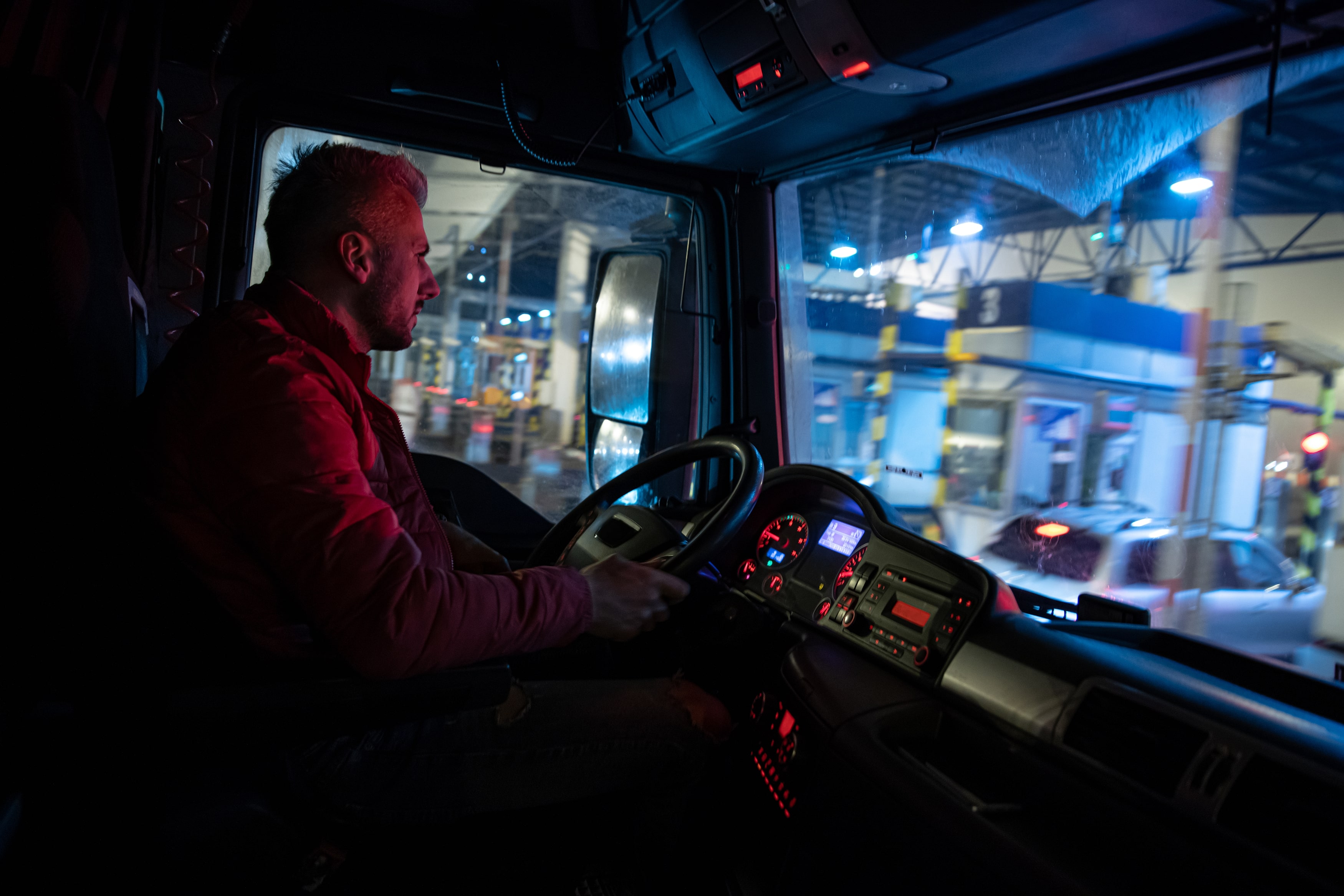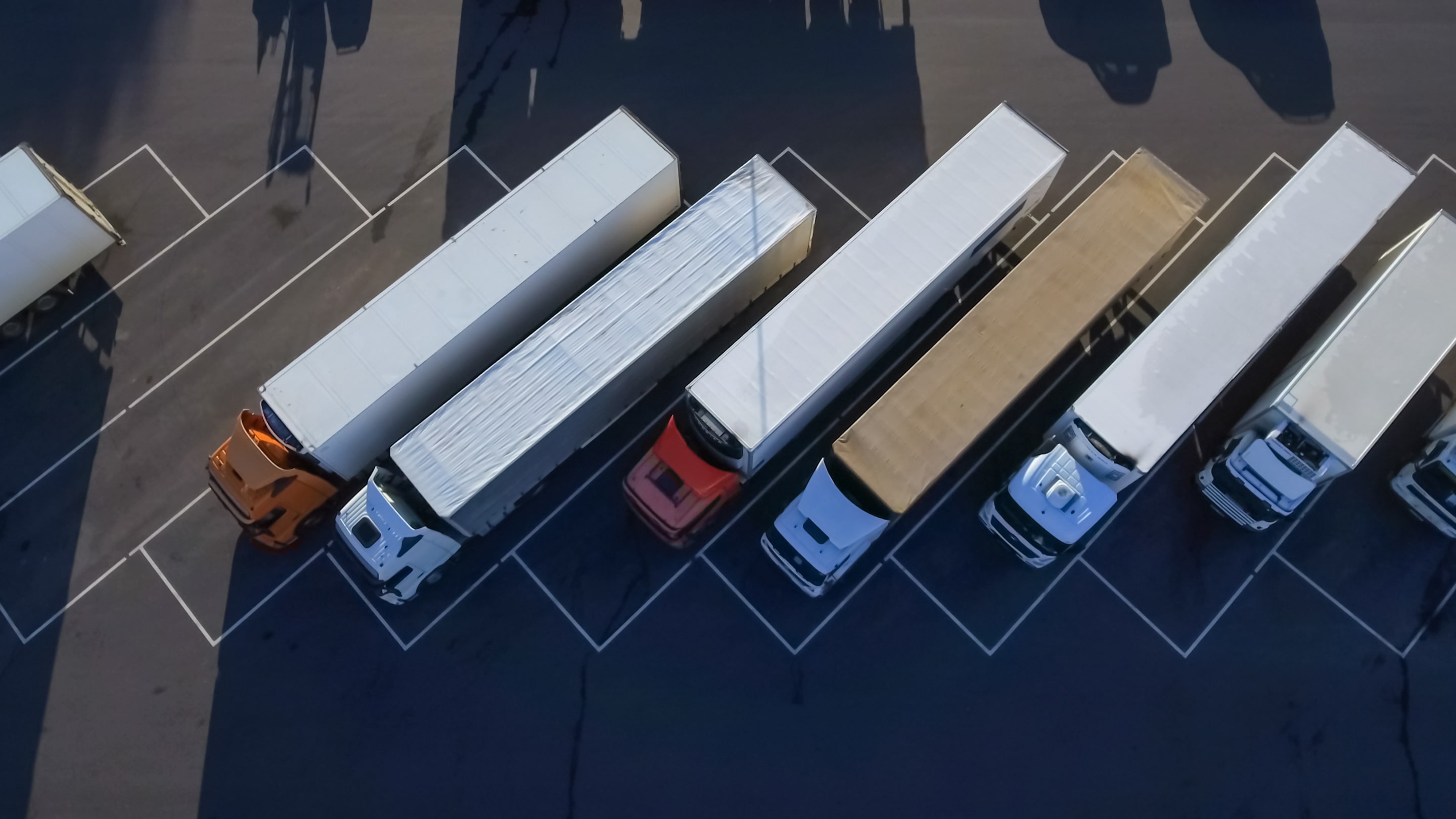
Guest
Resolver o problema da falta de condutores de veículos pesados de mercadorias no Reino Unido em 2024/2025
Criado: 16/08/2024
•
Atualizado: 10/10/2024
A escassez de condutores de veículos pesados no Reino Unido tem sido um desafio complexo e multifacetado, com implicações de grande alcance para a economia e as cadeias de abastecimento do país. No entanto, os esforços concertados do governo, da indústria e das partes interessadas começaram a produzir resultados positivos, sugerindo que a maré pode estar a mudar.
À medida que o Reino Unido se aproxima de 2024 e 2025, o compromisso contínuo de resolver o problema da escassez de condutores, associado a uma concentração na atração e retenção de indivíduos talentosos, será crucial para garantir a resiliência e a prosperidade a longo prazo do sector dos transportes.
A profundidade da crise
A escassez de condutores de veículos pesados de mercadorias no Reino Unido tem sido uma preocupação crescente, com a situação a atingir um ponto crítico em 2021. De acordo com relatórios da indústria, o país enfrentou uma escassez de cerca de 100.000 condutores de veículos pesados de mercadorias no auge da crise. Este número representou um aumento significativo em relação à escassez de 59 000 condutores registada em 2019, sublinhando a rápida deterioração da situação.
Os factores que contribuíram para esta escassez foram multifacetados, incluindo o impacto da pandemia de COVID-19, o rescaldo do Brexit e as alterações às regras fiscais do IR35 que afectaram os condutores de veículos pesados empregados por agências numa base contratual. Estas perturbações levaram a que muitos condutores experientes abandonassem o sector, ao mesmo tempo que não entravam no mercado novos talentos em número suficiente para preencher o vazio.

Intervenção do governo e esforços do sector
Reconhecendo a gravidade da situação, o governo do Reino Unido e as partes interessadas do sector tomaram medidas decisivas para resolver a escassez de condutores de veículos pesados de mercadorias. O Departamento de Transportes relatou uma melhoria notável, com a percentagem de vagas de condutores de veículos pesados comunicada pelas empresas de transporte a diminuir de 43% no 4º trimestre de 2021 para 23% no 3º trimestre de 2023.
Uma das principais medidas implementadas foi o aumento do financiamento para atrair e formar novos condutores de veículos pesados de mercadorias. O governo também acelerou o processo de obtenção de cartas de condução de veículos pesados e investiu 8 milhões de libras esterlinas para melhorar a qualidade das áreas de repouso dos veículos pesados, abordando a questão de longa data das más condições de trabalho dos condutores.
A SNAP ajudou vários parques de camionagem do Reino Unido a criar candidaturas a financiamento governamental para melhorar as suas instalações. Saiba mais sobre os parques de camiões incluídos na rede SNAP.
Abordar o envelhecimento da força de trabalho e atrair jovens talentos
Um dos desafios persistentes no sector dos condutores de veículos pesados de mercadorias é o envelhecimento da mão de obra, sendo a idade média dos condutores de 48 anos. A indústria tem tido dificuldade em atrair jovens talentos, uma vez que a perceção de más condições de trabalho, salários médios e um percurso profissional pouco inspirador tem dissuadido muitos de considerar uma carreira na condução de camiões.
Para resolver este problema, o governo lançou recentemente uma consulta para reduzir a idade mínima exigida para os condutores de autocarros, abrindo potencialmente mais oportunidades para os jovens entrarem no sector dos transportes. Esta medida, combinada com esforços para melhorar as instalações e as condições de trabalho dos motoristas, poderá ajudar a tornar o sector mais atrativo para a próxima geração de trabalhadores.
Consulte o [mapa] (https://snapacc.com/map/) dos parques de camiões, estações de lavagem de camiões e alojamentos em várias regiões abrangidas pela rede SNAP.

Ultrapassar os obstáculos regulamentares e adotar a flexibilidade
Outro fator que contribui para a escassez de condutores de veículos pesados tem sido os obstáculos regulamentares e a burocracia que os novos condutores enfrentam quando entram no sector. O processo de obtenção das licenças e certificações necessárias pode ser moroso e dispendioso, dissuadindo potenciais candidatos.
Para resolver este problema, as partes interessadas do sector defenderam procedimentos de formação e de exame mais flexíveis, semelhantes à abordagem adoptada pelas empresas de autocarros. Ao simplificar o processo e torná-lo mais acessível, espera-se aumentar o número de condutores qualificados que entram no mercado.
O impacto do Brexit e da COVID-19
A escassez de condutores de veículos pesados de mercadorias no Reino Unido foi ainda mais complicada devido às consequências do Brexit e às perturbações causadas pela pandemia de COVID-19. A perda de motoristas da UE, que anteriormente constituíam uma parte significativa da força de trabalho de condução de camiões do Reino Unido, foi um golpe significativo.
Além disso, o impacto da pandemia na formação e nos testes resultou numa acumulação de novos condutores a entrar no mercado. Com a recuperação da economia, o aumento da procura de bens e serviços colocou uma pressão ainda maior no sector dos transportes, já de si sobrecarregado.

Colaboração e inovação
Para resolver o problema da falta de condutores de veículos pesados, será necessário um esforço de colaboração entre o governo, as partes interessadas da indústria e as instituições de ensino. Ao trabalharem em conjunto, podem desenvolver soluções abrangentes que abordem as causas profundas do problema e criem um sistema de transportes mais sustentável e resiliente.
A adoção de abordagens inovadoras, como a utilização da tecnologia para otimizar a logística e melhorar a eficiência dos condutores, pode também desempenhar um papel crucial na atenuação do impacto da escassez de condutores. O investimento em infra-estruturas, programas de formação e iniciativas centradas nos condutores pode ajudar a construir uma força de trabalho mais forte, mais diversificada e mais resistente.
O caminho a seguir
À medida que o Reino Unido navega no cenário em evolução da escassez de condutores de veículos pesados, é evidente que a solução exigirá uma abordagem multifacetada. O apoio contínuo do governo, a colaboração da indústria e o compromisso de atrair e reter condutores talentosos serão essenciais para garantir a resiliência da rede de transportes do país.
Embora a crise possa não estar totalmente resolvida no futuro imediato, as medidas tomadas até à data dão uma réstia de esperança. Mantendo a tónica na inovação, na flexibilidade e na inclusão, o Reino Unido pode trabalhar para um futuro em que o sector dos transportes esteja equipado para satisfazer as crescentes exigências da economia e as necessidades dos seus cidadãos.


